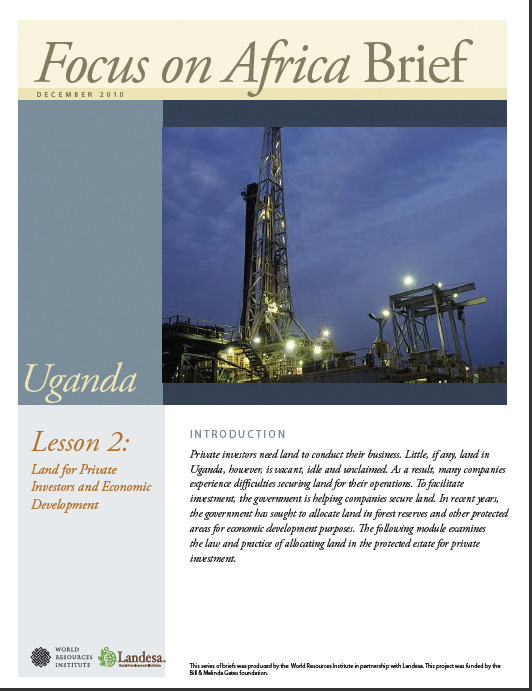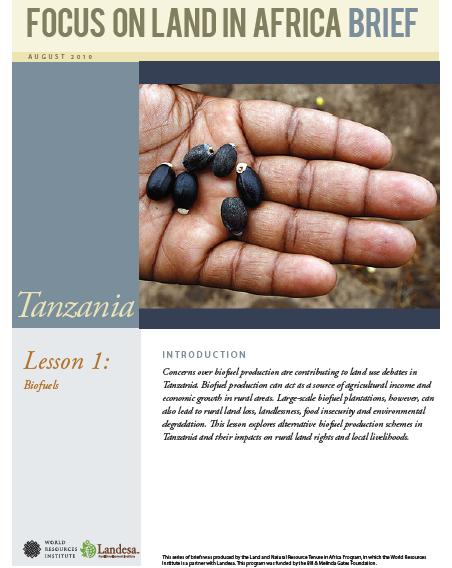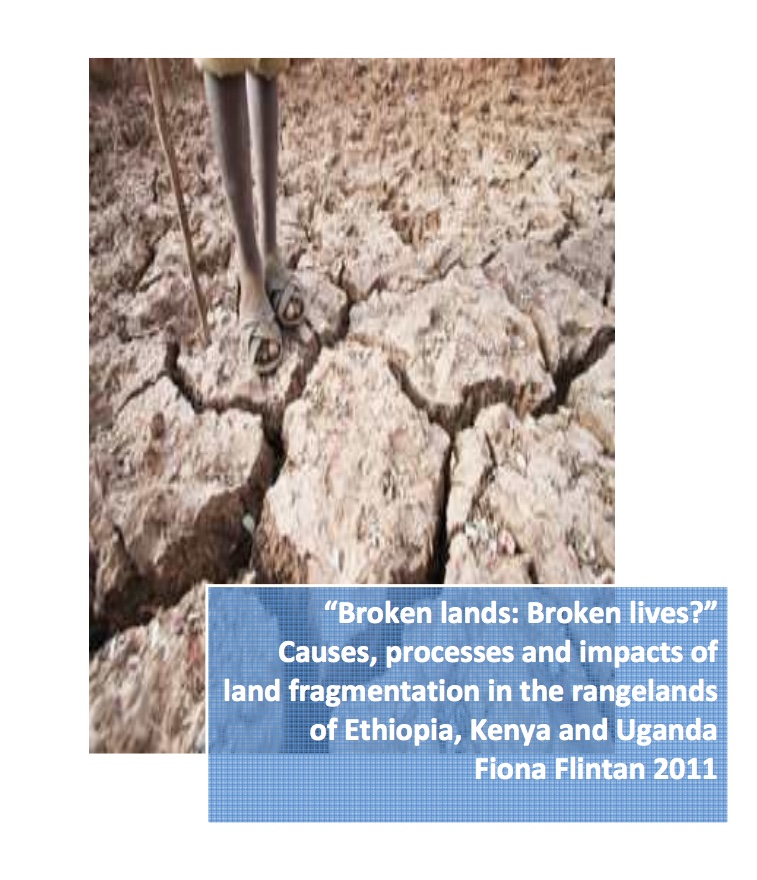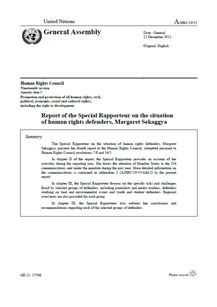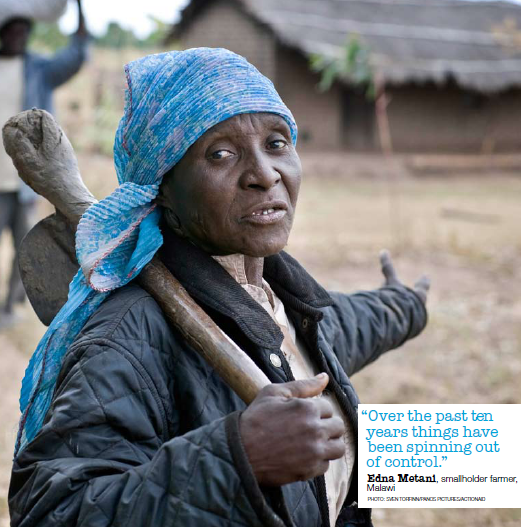Focus on Africa: Uganda Lesson Brief, Land for Private Investors and Economic Development
This lesson brief examines the law and practice of allocating land in the protected estate for private investment. It is part of the Uganda module on the Focus on Africa: Land Tenure and Property Rights online educational tool. Private investors need land to conduct their business.

